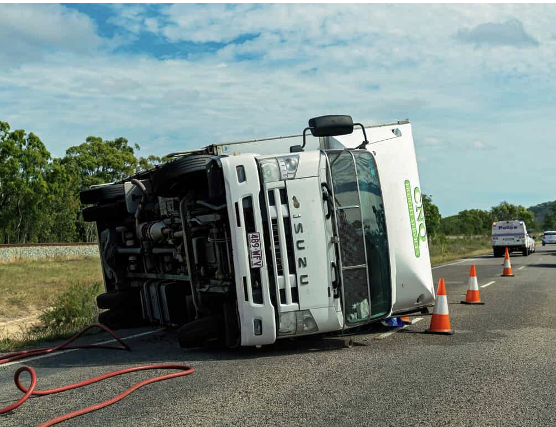
Truck accidents can be devastating, leading to severe injuries and significant financial losses. To build a robust case following a truck accident, it’s crucial to understand the steps involved and the elements that can strengthen your claim. If you’re facing such a situation, it’s wise to talk to a cargo truck accident attorney who can guide you through the complexities of the legal process and ensure your rights are protected.
Collecting evidence at the scene of the accident can significantly impact the strength of your case. Key evidence includes:
Photographs: Capture images of the accident scene, vehicle damage, and any relevant road conditions.
Witness statements: Obtain contact information and statements from witnesses who saw the accident.
Police report: Secure a copy of the police report, which provides an official account of the accident.
Documenting the damages you’ve sustained is crucial for your claim. This includes:
Medical expenses: Keep all receipts and records of medical treatments, including hospital bills, medications, and rehabilitation costs.
Lost wages: Track the time you’ve missed from work due to your injuries, along with any lost earning potential.
Property damage: Document the extent of vehicle damage and any repairs required.
Other Related Costs: Keep track of any additional expenses, such as rental cars, transportation fees, or alternative therapies, to ensure you account for all financial impacts caused by the accident. If you had to hire a heavy duty service to tow your truck, save the receipt as it helps support your claim by documenting the damage and the cost of removing your vehicle from the scene.
Establishing liability is a crucial part of your case. In truck accident cases, liability may involve:
The truck driver: If the driver was negligent, such as through distracted driving or speeding.
The trucking company: If the company failed to maintain the vehicle properly or pressured the driver to drive longer hours.
Vehicle manufacturers: If a defect in the truck caused the accident.
Engaging a qualified truck accident attorney can greatly impact the outcome of your case. A skilled attorney can:
Investigate the accident: Conduct a thorough investigation, including gathering evidence and consulting experts.
Negotiate with insurance companies: Handle negotiations with insurance companies to ensure you receive fair compensation.
Represent you in court: Provide representation if your case goes to trial, ensuring your rights are protected.
Trucking regulations play a crucial role in these cases. Familiarize yourself with:
Federal regulations: The Federal Motor Carrier Safety Administration (FMCSA) sets standards for truck driver qualifications, vehicle maintenance, and hours of service.
State regulations: Each state may have additional rules and regulations that impact trucking operations and liability.
Insurance companies may attempt to minimize payouts by disputing claims or offering low settlements. Common tactics include:
Denying liability: Claiming that their driver was not at fault.
Downplaying injuries: Questioning the severity of injuries or attributing them to pre-existing conditions.
Common insurance company tactics
Proving negligence requires showing that the truck driver or trucking company failed to meet the standard of care required. This involves:
Demonstrating breach of duty: Showing that the defendant’s actions or omissions were below the standard expected of a reasonable person or company.
Causation: Establishing a direct link between the breach of duty and the accident.

Building a strong truck accident case involves careful planning, thorough evidence collection, and understanding the legal landscape. By following the steps outlined, from seeking medical attention to working with a qualified attorney, you can enhance your chances of obtaining fair compensation for your damages. If you’ve been involved in a truck accident, don’t hesitate to talk to a cargo truck accident attorney who can provide the expertise and support you need to navigate this challenging process.